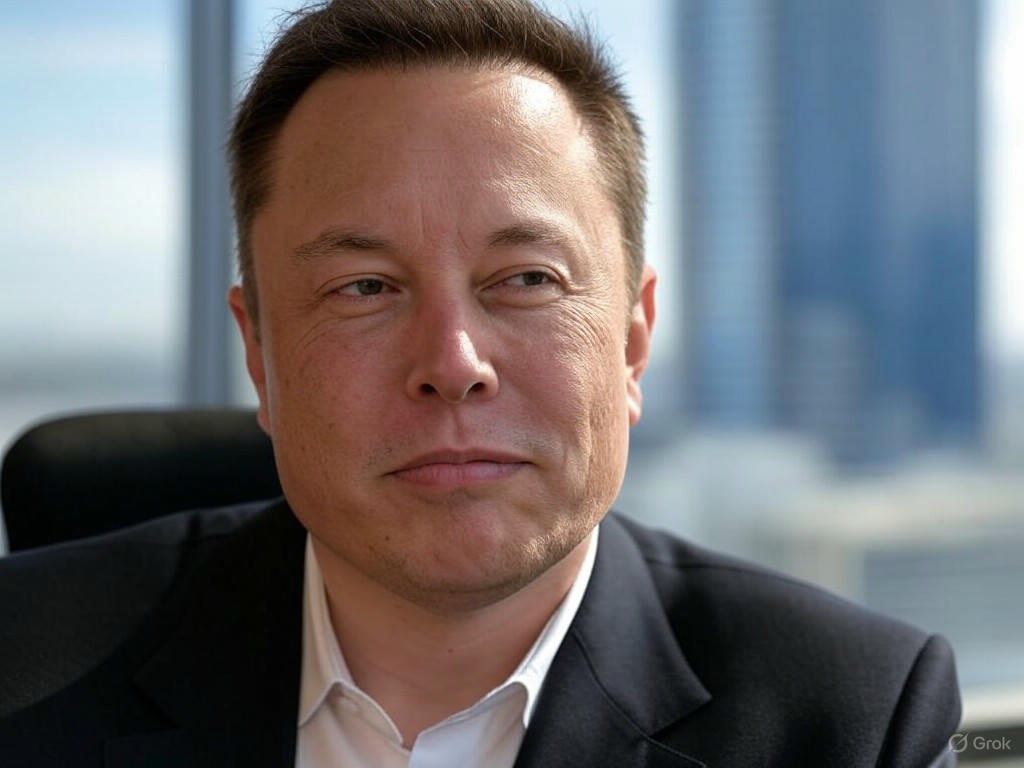Elon Musk’s Turbulent Partnerships: A Pattern of Professional Splits
Elon Musk, the visionary behind Tesla, SpaceX, and numerous other groundbreaking ventures, is no stranger to controversy—not just in his public statements but also in his professional relationships. Over the years, the tech titan has built a reputation for ambitious innovation, but alongside that legacy lies a trail of strained partnerships and bitter fallouts with business associates. While some of these rifts have been mended, others remain emblematic of Musk’s uncompromising approach to leadership and vision.
The story of Musk’s professional breakups often begins with high hopes and shared dreams. Early in his career, during the founding days of companies like Zip2 and PayPal, Musk collaborated with talented minds who shared his drive for disruption. However, tensions frequently arose when visions diverged or when Musk’s intense, often polarizing leadership style clashed with others’ expectations. Reports suggest that Musk’s insistence on control and his relentless push for results have, at times, led to irreconcilable differences. For instance, during his PayPal tenure, Musk faced internal conflicts over the company’s direction, ultimately contributing to his departure before its sale to eBay. Though he emerged financially successful, the episode hinted at a recurring theme: Musk’s partnerships often struggle under the weight of his singular focus.
This pattern isn’t confined to his early ventures. At Tesla, Musk has seen key executives come and go, with some citing his demanding nature as a factor. Former associates have described working with Musk as both inspiring and exhausting, painting a picture of a leader who prioritizes innovation over personal rapport. SpaceX, too, has not been immune to such dynamics, with reports of high turnover among senior staff in its formative years. While Musk’s ability to push boundaries is undeniable—evidenced by reusable rockets and electric vehicle dominance—his approach can alienate even the most dedicated collaborators. Yet, not all splits are permanent. Some former partners have returned to work with Musk or spoken positively of his impact, suggesting that time and perspective can heal certain wounds.
What drives this cycle of collaboration and conflict? Analysts argue that Musk’s personality plays a significant role. Known for his bold ideas and willingness to challenge norms, Musk often operates on a wavelength that others find hard to match. His public persona—marked by unfiltered social media commentary and audacious goals—mirrors the intensity he brings to professional settings. For every fallout, there are stories of reconciliation or mutual respect, indicating that while Musk may burn bridges, he doesn’t always destroy them entirely. As his empire continues to grow, the question remains: will Musk temper his approach to foster lasting alliances, or will his relentless pursuit of progress continue to leave fractured relationships in its wake? Only time will tell, but one thing is clear—Musk’s journey is as much about navigating human dynamics as it is about conquering technological frontiers.


